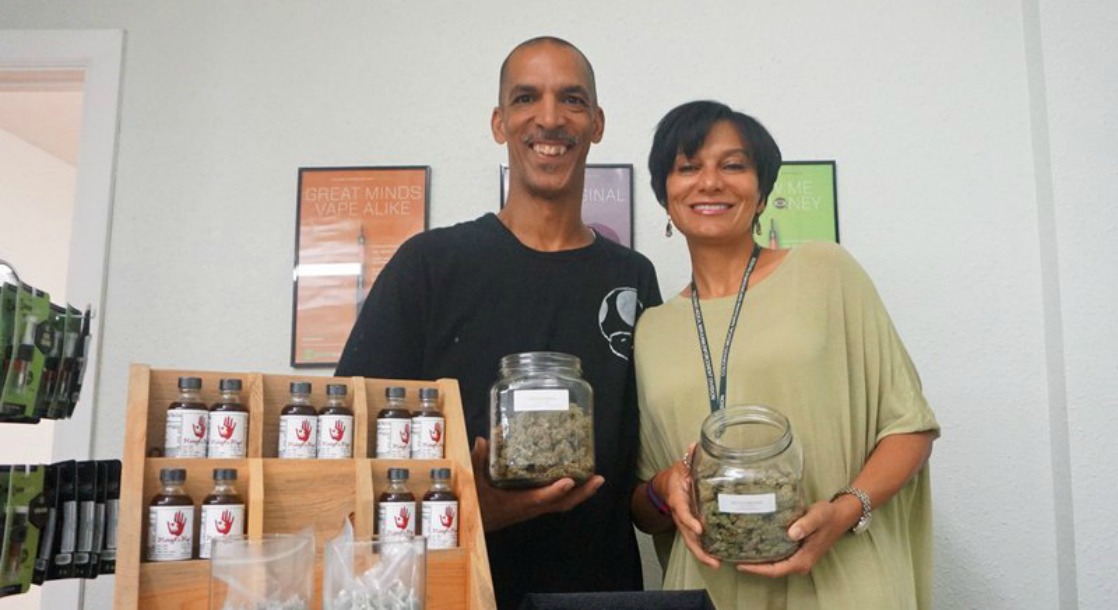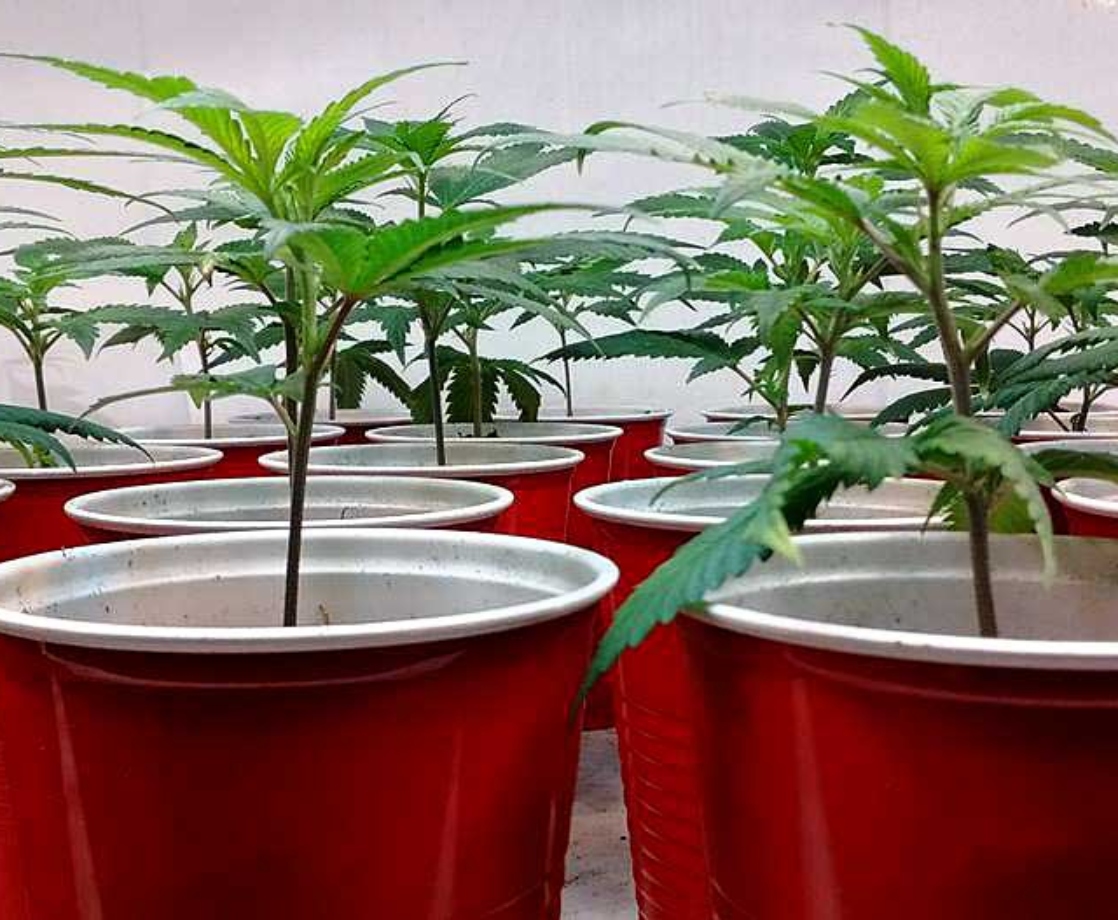Cover image via
Federal officials may soon be trawling through Reddit posts to learn about people’s experiences with CBD, delta-8-THC, or other hemp-derived cannabinoids.
This seemingly bizarre idea is part of a larger government plan to expand the federal government’s extremely limited knowledge of popular cannabis products. In a recent report, the US Food and Drug Administration (FDA) explained that its new Cannabis-Derived Products Data Acceleration Plan aims to provide “robust information about potential safety problems or adverse events associated with FDA-regulated products, including CDPs [cannabis-derived products].”
For the first phase of this new plan, the FDA has been studying existing third-party purchase data, user surveys, and mobile app data to discover what sort of information is currently available. From there, the agency is assessing the feasibility of several novel programs that could help federal officials monitor user experiences, product usage trends, and safety concerns in real time.
“FDA also needs information about general patterns of product use and emerging trends — and it needs this information in close to real time, so that the FDA can deploy its limited resources quickly and effectively,” the agency wrote. “The FDA believes that new approaches to detecting safety signals and other insights using diverse data sources and rigorous analytical methods can contribute significantly to FDA’s ability to respond to emerging and rapidly evolving product areas, like the CDP market.”
Researchers are already conducting hundreds of clinical trials investigating CBD and other cannabinoids, but it takes years to complete federally-sanctioned three-phase clinical trials. The glacial pace of these research studies makes it impossible for the feds to quickly respond to the thousands of new cannabinoid products that are being released every year. To resolve this issue, the FDA has proposed several projects that could help discover “safety signals and usage patterns associated with emerging CDPs in real-time.”
As noted by Marijuana Moment, one of these proposed projects would involve FDA researchers scouring Reddit and other online forums to keep track of current cannabinoid consumer trends while identifying any immediate health or safety concerns. Another proposal would direct federal researchers to compare their existing database of CBD product samples with CBD companies’ lab tests to identify quality control issues or inconsistencies. In addition to studying CBD, the feds also hope to learn more about novel cannabinoids like delta-8- and delta-10-THC, cannabinol (CBN), tetrahydrocannabivarin (THCV) and cannabigerol (CBG).
By establishing regulations for CBD and other cannabinoids, the FDA could put an end to a confusing market of quasi-legal unregulated products. The US legalized industrial hemp and hemp-derived cannabinoids at the end of 2018, but because the FDA has yet to issue any guidelines for cannabis products, all CBD foods, drinks, supplements, and other products are still technically illegal. This confusion has prompted some states to ban CBD products entirely, and convinced California and other states to develop their own regulations for CDPs.
The proliferation of delta-8-THC and other psychoactive hemp-based cannabinoids has raised another thorny issue for government officials. When Congress initially voted to legalize hemp, lawmakers had no idea that cannabis scientists would develop psychoactive cannabinoids from the hemp plant, which is naturally low in THC. Hemp companies have exploited this legal loophole to bring a staggering variety of delta-8- and delta-10-THC products to market, allowing people living in any state to get high legally (depending on which attorney you ask).
This proliferation of legal THC has panicked cops and politicians in conservative areas, prompting lawmakers in Alabama, South Carolina, Texas, and other states to ban these products entirely. Adult-use states like California, Oregon, Colorado, and New York have also banned delta-8 and delta-10 products because there are no regulations to ensure that these products are safely manufactured and free from toxins or other contaminants.











